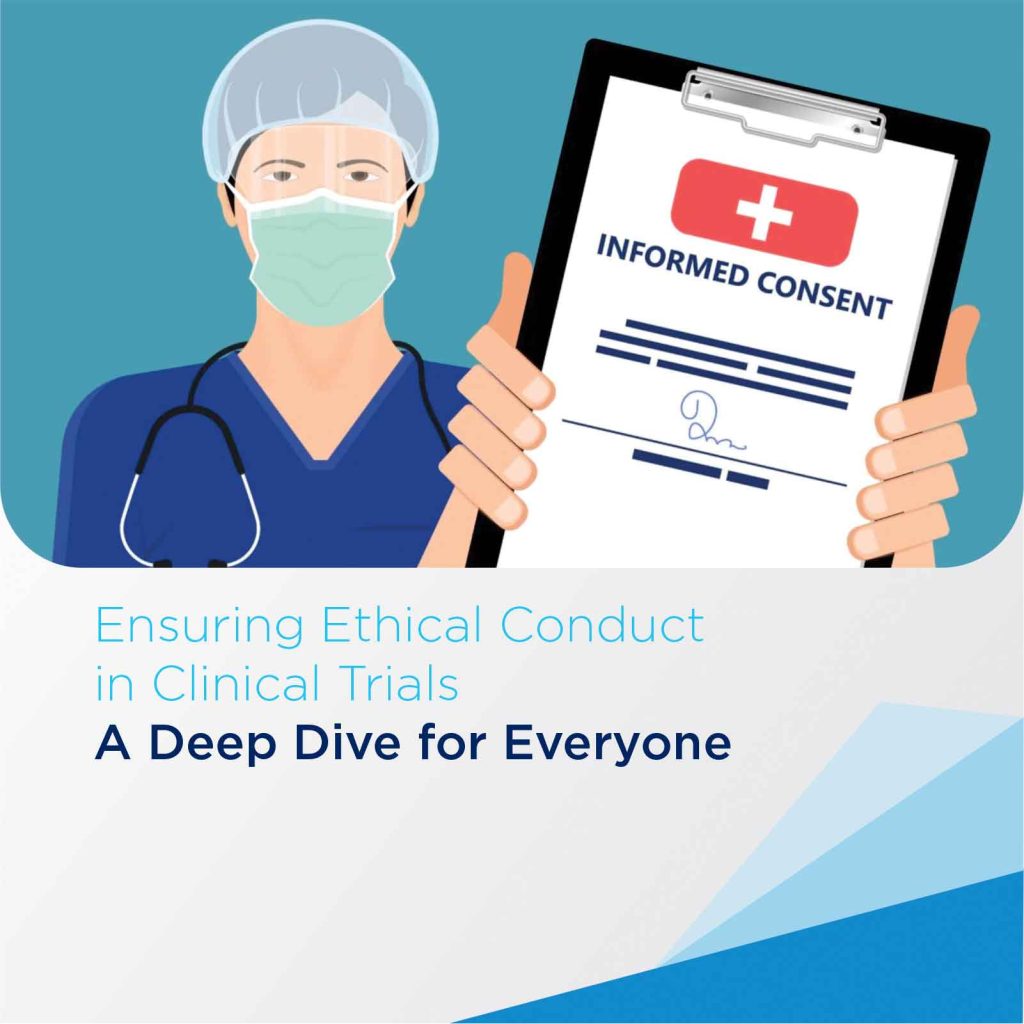Have you ever wondered how those shiny new medicines you see advertised on TV get approved? It all starts with clinical trials, where brave volunteers test new treatments to see if they’re safe and effective. But before anyone gets nudged or pushed, there’s a whole layer of ethical considerations to ensure everyone involved is treated fairly and protected. Let’s dive into this world of rules and safeguards, because understanding them is crucial to building trust in medical research.
Why are ethics so important in clinical trials?
Imagine being offered a new medicine for your illness, but without knowing all the risks. It’s scary, right? That’s why ensuring ethical conduct is like wearing a safety helmet in the research world. It protects volunteers from harm, keeps researchers honest, and ultimately, helps build trust in the whole process of developing better treatments for everyone.
So, what are the key ethical principles?
Think of them like superhero rules for clinical trials:
- Respect for people: Every volunteer has the right to decide whether or not to participate. This means getting clear information about the trial, its risks and benefits, and the freedom to say “no” at any time.
- Beneficence: The potential benefits of the trial should always outweigh the risks. Researchers have to make sure the potential new treatment is worth the effort and potential side effects for volunteers.
- Justice: Everyone deserves a fair chance to participate, regardless of background, income, or social status. Clinical trials shouldn’t be exclusive clubs for the privileged few.
Who makes sure these rules are followed?
A team of real-life superheroes called Institutional Review Boards (IRBs). These independent groups of experts review all clinical trial proposals, making sure they meet ethical standards before they even begin. They’re like the guardians of the research world, ensuring everything is on the up-and-up.
What happens if someone breaks the rules?
There are consequences, just like with any superhero story. If an IRB finds a researcher violating ethical guidelines, the trial can be stopped, and the researcher might even face legal action.
What are clinical trial units doing to uphold ethics?
These units, where trials take place, are committed to maintaining the highest standards. They train their staff in ethical conduct, regularly monitor trials for any issues, and report any concerns to the IRB immediately. They’re like the support team for the research superheroes, ensuring everything runs smoothly and ethically.
How can you stay informed and involved?
Clinical trials are a team effort, and everyone plays a role. You can stay informed by reading about trials on reliable websites, attending patient education events, and even talking to your doctor about potential research opportunities. Remember, your voice matters in shaping the future of medical research. In conclusion, ensuring ethical conduct in clinical trials is more than just following rules. It’s about building trust, protecting volunteers, and ultimately, paving the way for better treatments for everyone. So the next time you see a news story about a new medical breakthrough, remember the real-life superheroes working behind the scenes, making sure every step is taken with the highest ethical standards.








